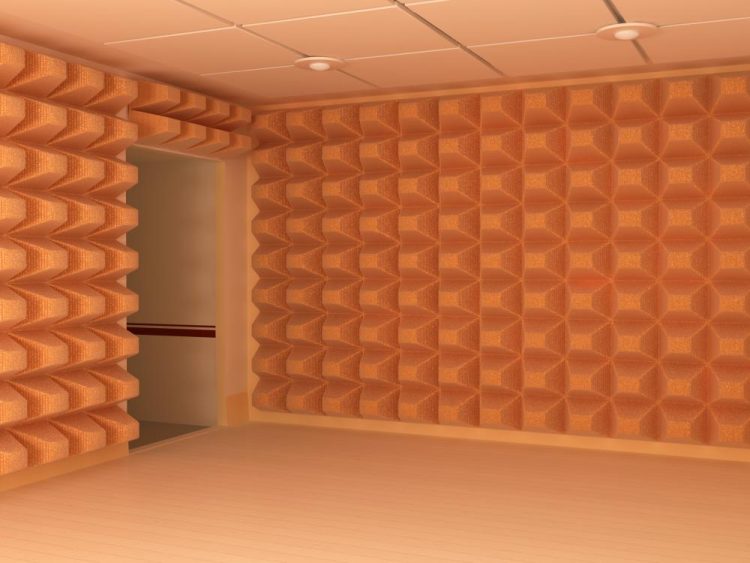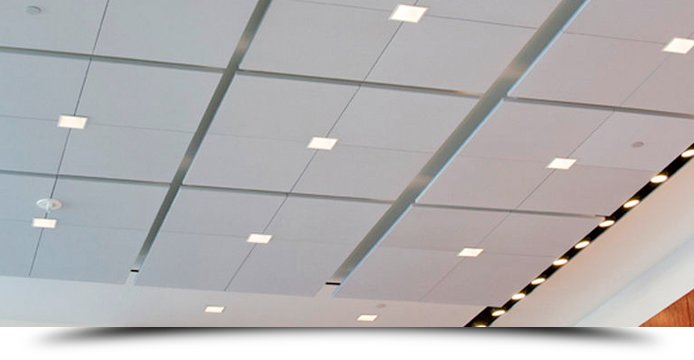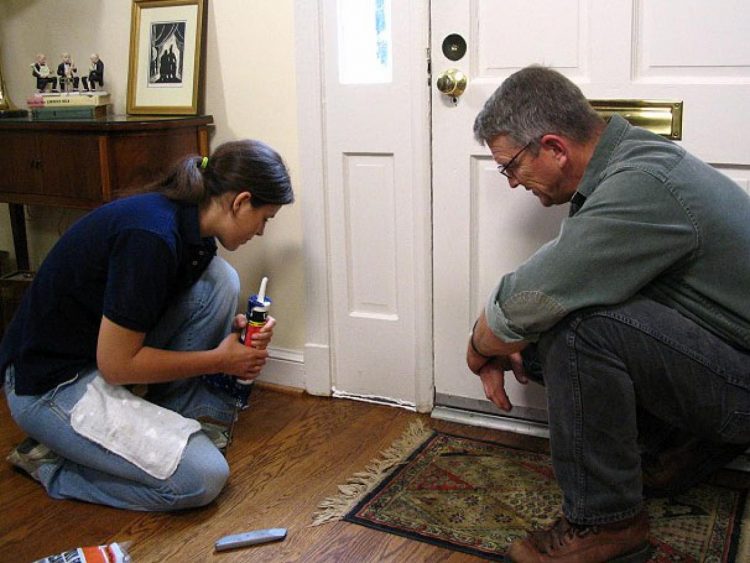
There is no getting round the fact that we live much noisier lives than we did fifty years ago. It is common for households to have multiple television sets spread across a single shared space. There are often several stereos or music playing devices in use at any one time, particularly in families with older children and teenagers. Our ‘at home’ hobbies now extend to activities that were traditionally pursued outside the home, like playing the drums.
With the rise of online platforms like YouTube, these passions no longer have to be matched to an environment that is purposely isolated and quiet. People can sing, dance, play the guitar, watch movies, or read aloud, if the desire takes them, because our homes are our castles. However, this thoroughly modern way of life does give rise to a number of minor problems; with the most prominent being excess noise.
Fortunately, there are plenty of soundproofing technologies and products on the market that can help protect your home and pursue your hobbies in peace (without angering the neighbors). Here are 10 soundproofing tips that will immediately help the noise level in your home.
1. Buy ‘Quiet’ Appliances
Over the last decade or so, manufacturers have started to respond to demands for quieter kitchen appliances. As we consume and experience more, we inevitably create more mess, so it’s important to have the right tools for dealing with this. If you want to make soundproofing your property a top priority, shop for specially designed ‘quiet’ dishwashers, washing machines, and fridges when your existing ones need replacing. You’ll be surprised at how much noise something as innocuous as a standard sized fridge actually makes.
2. Repair Faults Quickly
There’s no point investing in quiet appliances, however, if you’re not going to keep them in tip top condition. So, always be on alert for unexplained buzzing, vibrating, knocking, and rattles, because they could indicate a problem. If the noise definitely wasn’t there before, it might be a warning sign; respond quickly and either diagnose the problem yourself or get somebody out to fix it. Malfunctioning appliances are one of the most common sources of complaint from disgruntles neighbors.
3. Install Sound Absorbing Materials
If sound is an issue in your home – either because you live in close proximity to other people or you have light sleepers in the family – it is always better to opt for soft materials. While tile and laminate flooring may look appealing, it won’t absorb the sound produced by heavy footfalls, conversations, television sets, or music. Carpet remains the best choice for homeowners trying to introduce soundproofing measures, because it is highly absorbent. When shopping, look for a heavy pile and install it in the spaces that are bound to be busiest.

4. Invest in Acoustic Ceiling Tiles
There are lots of reasons why a home might need studio quality soundproofing. For instance, if you have a basement conversion and like to spend a lot of time down there, you’ve probably noticed that it’s quite a noisy space. In most basements, the acoustics are amplified, because sound bounces off the walls and echoes back into the room. This can produce excess noise for occupants upstairs, particularly during the night. Fortunately, investing in high quality acoustic ceiling or wall tiles is an easy way to absorb noise and keep the household happy.
5. Remember the Garage Door
Contemporary garage doors are fairly sophisticated; they come with a range of different opening mechanisms and, with most, you don’t even have to get out of your car to use them. The only downside to these modern accessories is that they can be very noisy. They have the capacity to wake neighbors and other members of the family, particularly if you leave or return home from work during the early hours. The good news is that sound minimizing garage doors can change this. They are built with integrated foam panels and robust insulation, so that the frame never rattles or clangs.
6. Silence Squeaky Floors
If you’ve lived for some time with wooden floors, you might have heard them give out a squeak or three during the night. This tends to happen in areas where the foot traffic is highest, throughout the day. For instance, stairs commonly give off squeaks and they become very audible once the house is otherwise silent. If you’ve got seriously squeaky floorboards, you can remedy the problem by installing a fortifying section of bridging against the subfloor. Or, you can secure solid blocking between the affected floor joists, because this will provide extra support for the subflooring and eradicate unnecessary noise.

7. Tackle Clanging Pipes
In lots of homes, the pipes chatter, bang, and rattle when the faucets or turned on or the toilet is used. It is a common problem, but it is not one that you have to put up with. The solution is fairly simple; for persistent clanging, you just need to recharge the water supply system. This can be done in 20-30 minutes. Just turn off the main supply valve and open all of the faucets in the house to halfway; this step clears the system of water. Then, turn the main supply back on, checking that the faucets are functioning as you turn each one off again.
8. Get Your Windows Double Glazed
It is actually more uncommon, these days, for homes to be without double glazing, particularly if they are relatively modern builds. It is usually installed, as standard, in most new properties. If you do not have double glazed windows, however, you’re likely to hear a lot more noise from the road and the street. Your rooms will also be substantially colder, so investing in new, better quality frames and panes could end up saving you money. With double glazing, you’ll save on your heating bills and cut down on the level of external noise.
9. Weather Proof the Interior Doors
It might come as a surprise to find that the vast majority of sounds move all the way around doors, rather than through them. In fact, just think of noise as being like water in this regard. It is sinuous and fluid; if it can make it beyond the barrier without disrupting this fluidity that is what it will do. For robust and reliable soundproofing, coat the inside of internal doors with a high density foam tape. This will close up any gaps between the door and frame, so that it is harder for sound to make it outside. If you have teenagers who love to play their music loud, this could be a practical and effective option for your home.

10. Seek Advice from the Experts
Ultimately, there is no better way to learn about the most effective soundproofing methods than to talk to an acoustics specialist. The good news is that many providers and installers are willing to give out free consultations, as long as you consider their products when you’re finished. While it is perfectly possible to do your own research and learn about soundproofing on your own, you could miss out on a litany of insider secrets.


Comments
Loading…